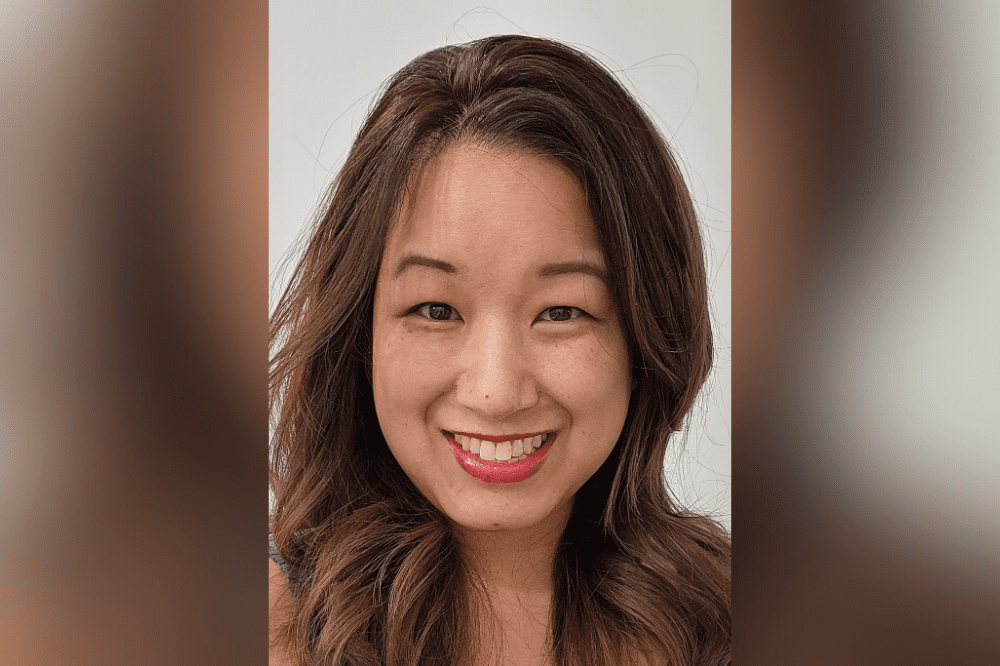IBC leader stresses importance of data hygiene in competitive intelligence

IBC leader stresses importance of data hygiene in competitive intelligence | Insurance Business Canada
Diversity & Inclusion
IBC leader stresses importance of data hygiene in competitive intelligence
She also talks candidly about the need for mentorship in the industry
Diversity & Inclusion
By
David Saric
Similar to various insurance professionals, Sarah Fong’s journey in the industry was by virtue of happenstance. “I started my career in consulting many years ago, looking at how tax rules affect companies,” Fong said.
“I then worked in real estate as an economist before coming back to financial services, specifically insurance. I have become immersed in regulatory and taxation policy once again, focusing on financial and non-financial risk and regulation.”
As the assistant chief economist and head of industry data at the Insurance Bureau of Canada, Fong (pictured above) bestows her numerical and statistical insight into a position that bolsters insurers and insureds alike. Fittingly, she will also be taking part in this year’s Women in Insurance Toronto conference this June, participating in the “Competitive intelligence – Market trends and the future of insurance” panel.
In advance of the event, Fong spoke with Insurance Business about the need to make optimal use of data, the state of competitive intelligence and how this conference can help bolster the confidence of younger women in the industry.
“We need to make optimal use of all of this data we have”
As an association, the Insurance Bureau of Canada represents private home, auto and business insurers, advocating to governments, regulators and consumers for property and casualty insurance that is available and affordable to all Canadians.
With this mission in mind, it collects a wealth of data about the industry from both an operational and economic standpoint, with responsibility for using this information to positively advance the industry.
“We need to make optimal use of all of this data we have,” Fong said. “We especially need to be able to present our positions with confidence in lieu of all of the intelligence and evidence at our fingertips, and have productive discussions with governments, regulators and stakeholders.”
However, with an influx of data due to more sophisticated technologies, the need for increased hygienic standards is paramount in order to enact meaningful policy amendments.
“Coming from an economical background, maintaining data integrity is so important,” Fong said. “You have to make sure you are making the right decisions with the data and are interpreting it correctly. Which takes some patience and very astute inspection, especially when the livelihoods of Canadians are involved.”
“The state of competitive intelligence gets us to a level of transparency”
Competitive intelligence has become increasingly important in the industry, as it helps differentiate an insurance company from its competitors through data-driven, strategic planning.
For Fong, this benefits the insured thanks to the plethora of options and packages that become available. “With increased data, you’re able to offer more customizable solutions, which creates a really personalized product that customers are especially drawn to,” she said.
“But, as an insurance association, having more intel is always a good thing, especially when we can help advance the positions of our industry members.”
This gives Fong and her associates the ability to have sincere conversations with bureaucratic officials who have the power to enact meaningful change.
“The state of competitive intelligence gets us to a level of transparency with the government or stakeholders who need concise information when debating change in any manner,” she said. “This helps create an informed discourse that is backed by empirical evidence.”
Tapping into mentorship potential
Having attended the Women in Insurance Toronto conference in the past, Fong is enamoured by the idea of having insightful conversations both during the panel and outside of it. “I am really looking forward to hearing from the other panellists and their opinions on competitive intelligence from different areas of focus in the industry,” she said.
Besides business talk, these events allow panellists and guests to share their inspirational back stories of how they’ve manoeuvred through their respective careers. “Hearing about women’s career journeys is a very important part of a conference like this,” Fong said.
These autobiographical moments allow discussions in the conference to transcend the purely professional into more encouraging terrain.
“For the young women who may be starting off in the industry and may not have any significant hope of ascending to leadership positions, a conference celebrating the achievements of women is a great confidence boost,” Fong said.
“I also think it creates a great opportunity for these younger women to be able to reach out, face-to-face, and have an informal conversation that could lead to an opportunity for mentorship. These events prove to be a connective hub for more than just an exchange of business ideas or opinions.”
Related Stories
Keep up with the latest news and events
Join our mailing list, it’s free!







